UNI NOVA – Research Magazine of the University of Basel
-
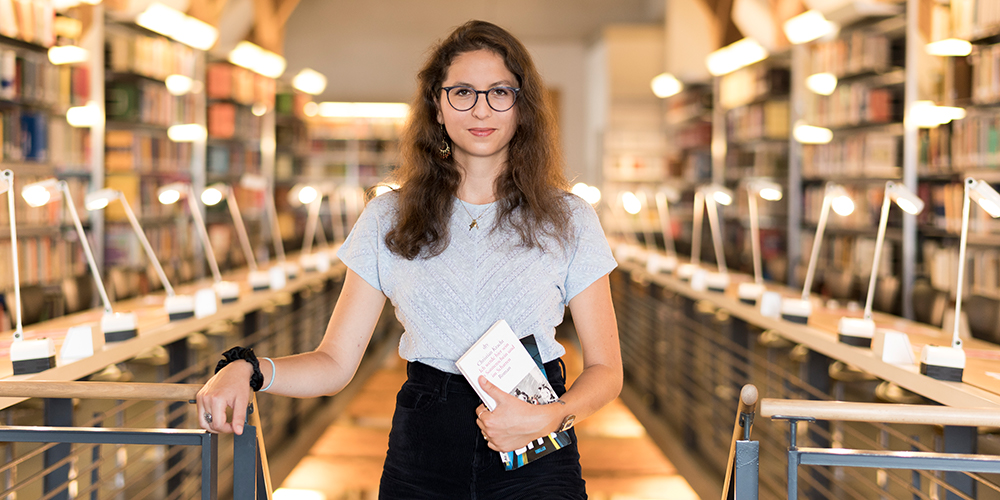 Column
ColumnDystopia as a mirror to society.
Text: Anna Karško / My book: literary scholar Anna Karško recommends two of her favorite books about futuristic dystopias.
-
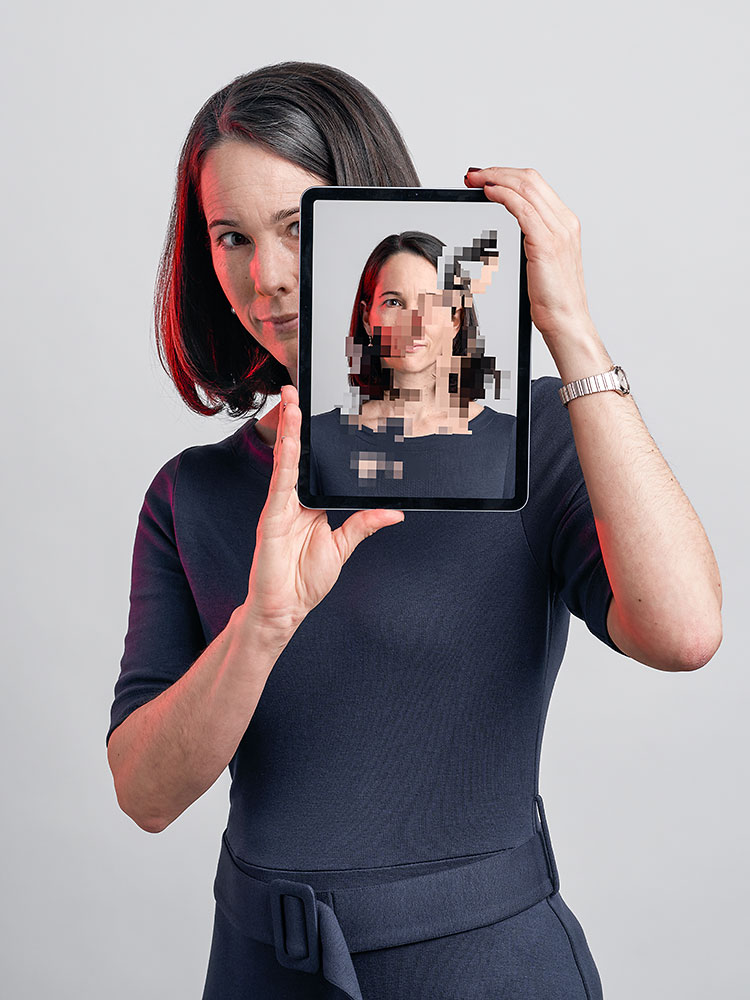 In conversation
In conversation“The hype has given way to skepticism.”
Interview: Urs Hafner / On social media, lies, half-truths and accusations spread like wildfire. That means it poses legal challenges for a democratic society, says Nadja Braun Binder, Professor of Public Law at the University of Basel.
-
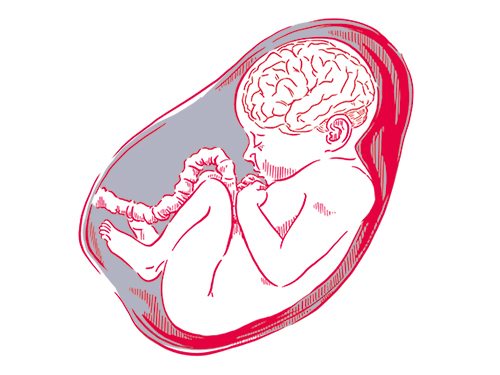 Dossier
DossierRemembering and forgetting.
Text: Angelika Jacobs, Illustrations: Studio Nippoldt / On the emergence and decay of memory: a journey from the first neurons to beyond death.
-
 Dossier
DossierLost years of infancy.
Text: Fabienne Hübener / Our earliest childhood memories are buried deep within us. But a number of clues indicate that we continue to store them throughout our lives. Why, then, are we unable to recall them? Flavio Donato and his team are hot on the trail of early memories in the brain.
-
 Dossier
DossierThe woman who never forgets.
Text: Angelika Jacobs / There are only about 60 people in the world who can remember everything they have ever experienced. For many of them, this is a source of considerable suffering. Researchers are now scouring their DNA for an answer to the question of why we are able to forget.
-
 Dossier
DossierSeeking support for the working memory.
Text: Santina Russo / We only tend to notice how heavily we rely on our working memory when it is no longer functioning properly, like when we age or if we are affected by mental illness. Researchers are currently looking for ways to improve short-term memory in everyday life.
-
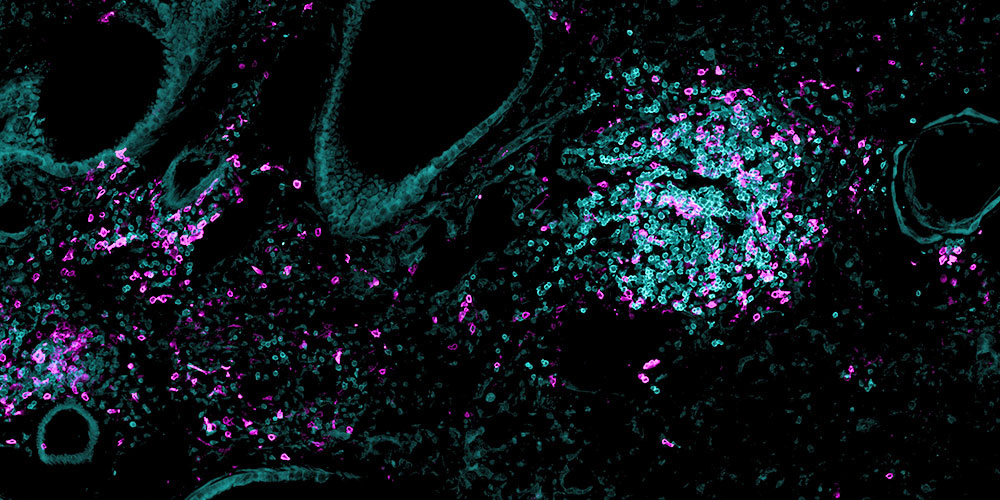 Dossier
DossierWhen the virus returns.
Text: Ori Schipper / Immunological memory is based on complex interactions between different types of cells, and the process involves thousands of genes. Two perspectives on a fascinating phenomenon with which scientists are still struggling to come to grips.
-
 Dossier
DossierRisky surgeries.
Text: Sabine Goldhahn / Surgical interventions alleviate suffering and can save lives. For older patients in particular, however, operations are sometimes followed by memory problems. A research group at the University of Basel is studying this phenomenon in the hope of finding ways to keep the symptoms at bay.
-
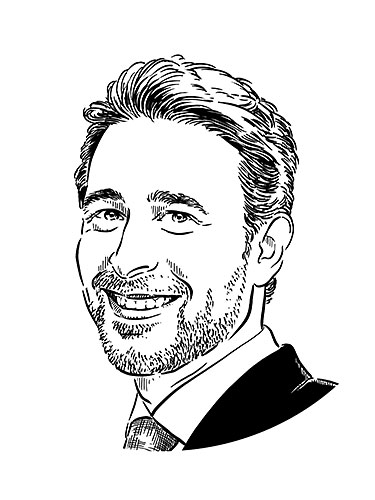 Dossier
DossierNo statute of limitations on serious crimes.
Interview: Christoph Dieffenbacher / Time is a key factor when investigating and sentencing serious crimes. An interview with criminal law expert Professor Christopher Geth about statutes of limitations and on forgetting in the justice system.
